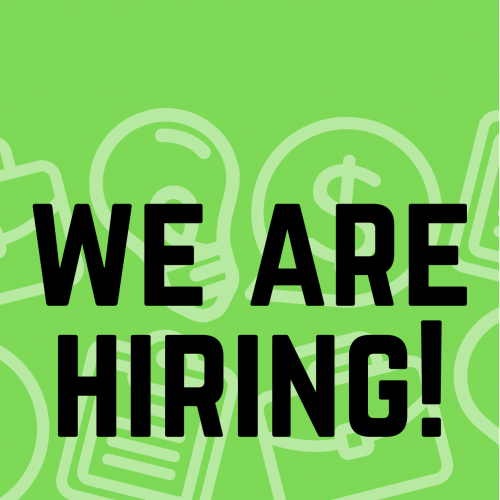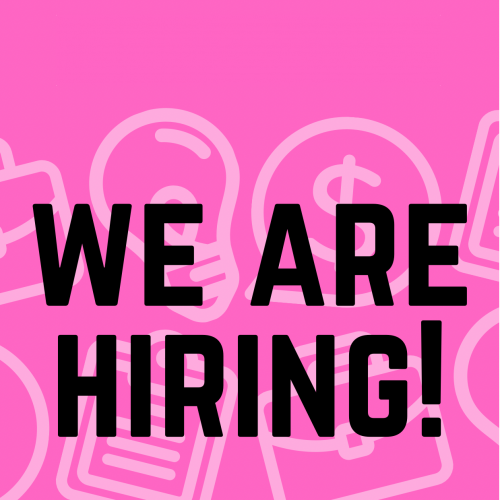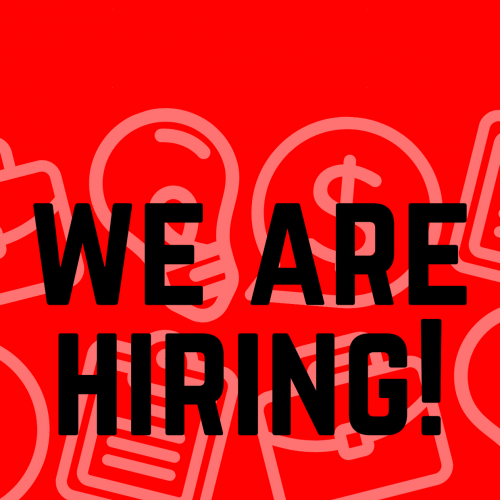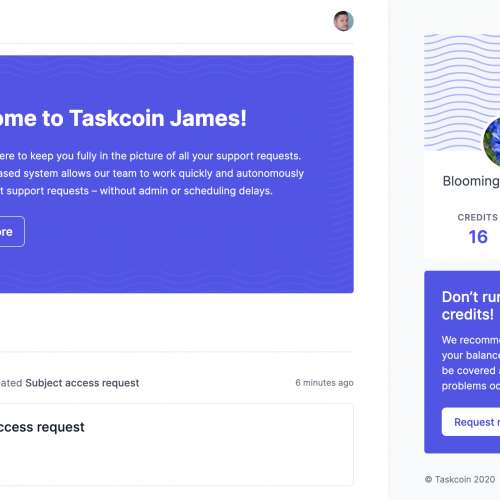Last week, we met with two year 9 students, India and Siena, to discuss their startup, EatMe. EatMe is an app that alerts users when food in their fridge and cupboards is about to go out of date via an IoT device, and sends the user recipe suggestions to use up food before it gets wasted.
We’ve worked with food waste before – as technical partners and investors in OLIO. India and Siena had already clocked OLIO and got in touch to talk about the technology and business sides of EatMe, and what they should do next.
India and Siena pitched the idea to their class last year for a chance to represent their school in the Big Bang Fair. At the Fair, they were invited to take part in the Big Bang UK Young Scientists & Engineers Competition which aims to recognise and reward young people’s (11-18) achievements in all areas of science, technology, engineering and maths, in March this year.
So far, they’ve prototyped a mobile-app with no tech experience, competed against techy boys (and won!), arranged meetings to get advice from companies supporting startups in Bristol and raised money to get them to the competition in Birmingham.
Here’s their story so far…
Code, Boys and Science Week
During Science Week at their school, students were tasked with creating a possible solution to an important environmental issue. Siena and India smartly realised the potential in food waste, a problem that most of us experience every day, meaning there’s a large target market.
They started brainstorming campaigns that would “gross people out” by physically showing them the amount of food the average household wastes. Through brainstorming and market research, they discovered that an app would be one of the most effective and scalable ways to tackle the problem.
Siena and India’s biggest concern was that neither of them have any experience with coding and they don’t consider themselves any more techy than your average teenager.
At school, they found themselves competing predominantly against boys who had created technical prototypes. They were the only girls in the engineering category in their school awards, and only one other group of girls participated in the science category.
The most off putting thing was the questions Siena and India found themselves being asked by the techy boys. “We struggled with the tech words” they said.
What they now realise is that it doesn’t matter what technology they use. The most important thing is that they proved that there is a market for their idea, without having to build a thing. This is something we wish more founders would do and is the reason we’re here – to allow founders to focus on what they’re good at, while we take care of the tech.
Speaking to Siena and India really highlighted the importance of creativity in tech, and that’s something we wish more schools would teach – you don’t have to be a coder to make great products, you need to be creative and curious. We ran a workshop about rapidly prototyping apps with 14 year olds last year and speaking to Siena and India highlighted how important it is that we keep coming up with ways to support young creatives. Watch this space…
Validating the problem
Where many startup founders focus on product first, Siena and India focused on the problem.
To validate the problem, and prove that their was a market for a solution to food waste, India and Siena ran a survey with a simple Google form filled in by over 100 participants from their school about people’s attitudes towards food waste.
Responses indicated that the vast majority of people agreed that food waste was an issue that needed to be addressed, and that, for the most part, people would be willing and interested in a solution that would help them play a part in solving that problem.
Now that they had validated the problem, India and Siena ran a second survey to validate the idea. In this survey, they asked whether people would be interested in a way to help them limit food waste? Would it be useful? Would they use an app?
Responses to the second survey gave India and Siena plenty to think about. Once again, the vast majority of participants were up for trying ways to limit food waste, and they would be keen on an app but there was a caveat: they were interested as long as the solution was quick, easy and inexpensive.
With their research in hand, Siena and India set about designing mockups to show how the app would work. We connected them with the team at Marvel – a tool for creating interactive mobile and web prototypes so that they could turn their mockups into a clickable prototypes. These can be used for early user feedback (before they spend time developing the actual app), and demonstrating at the Big Bang Competition.
Siena and India are currently raising funds to get to the Big Bang Competition in Birmingham, a cost their school could not budget for. They’ve already raised a decent amount, in spite of not having built a thing. We’ll keep you updated on their progress here.
If you’d like to collaborate with Simpleweb, get in touch today.



